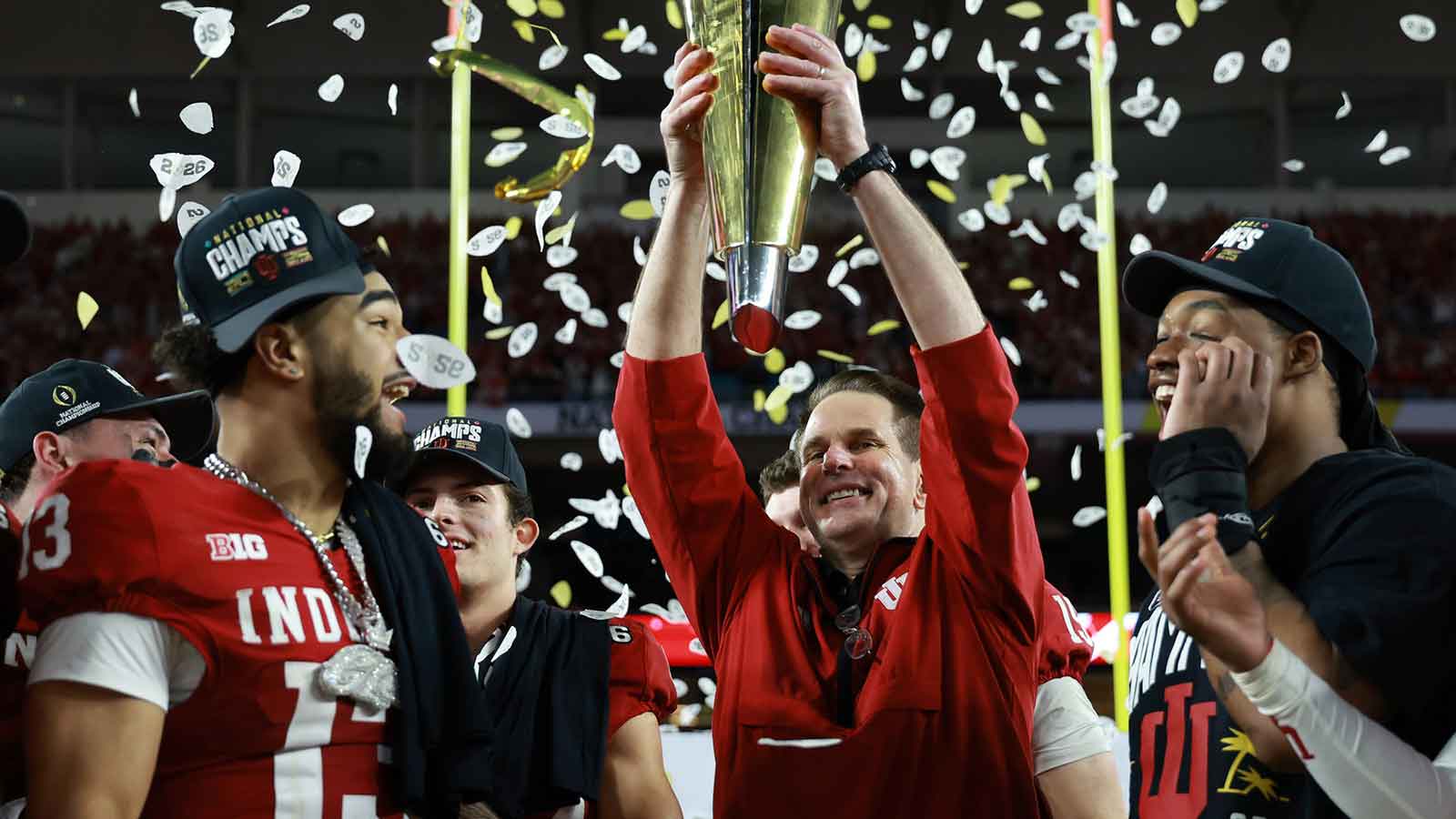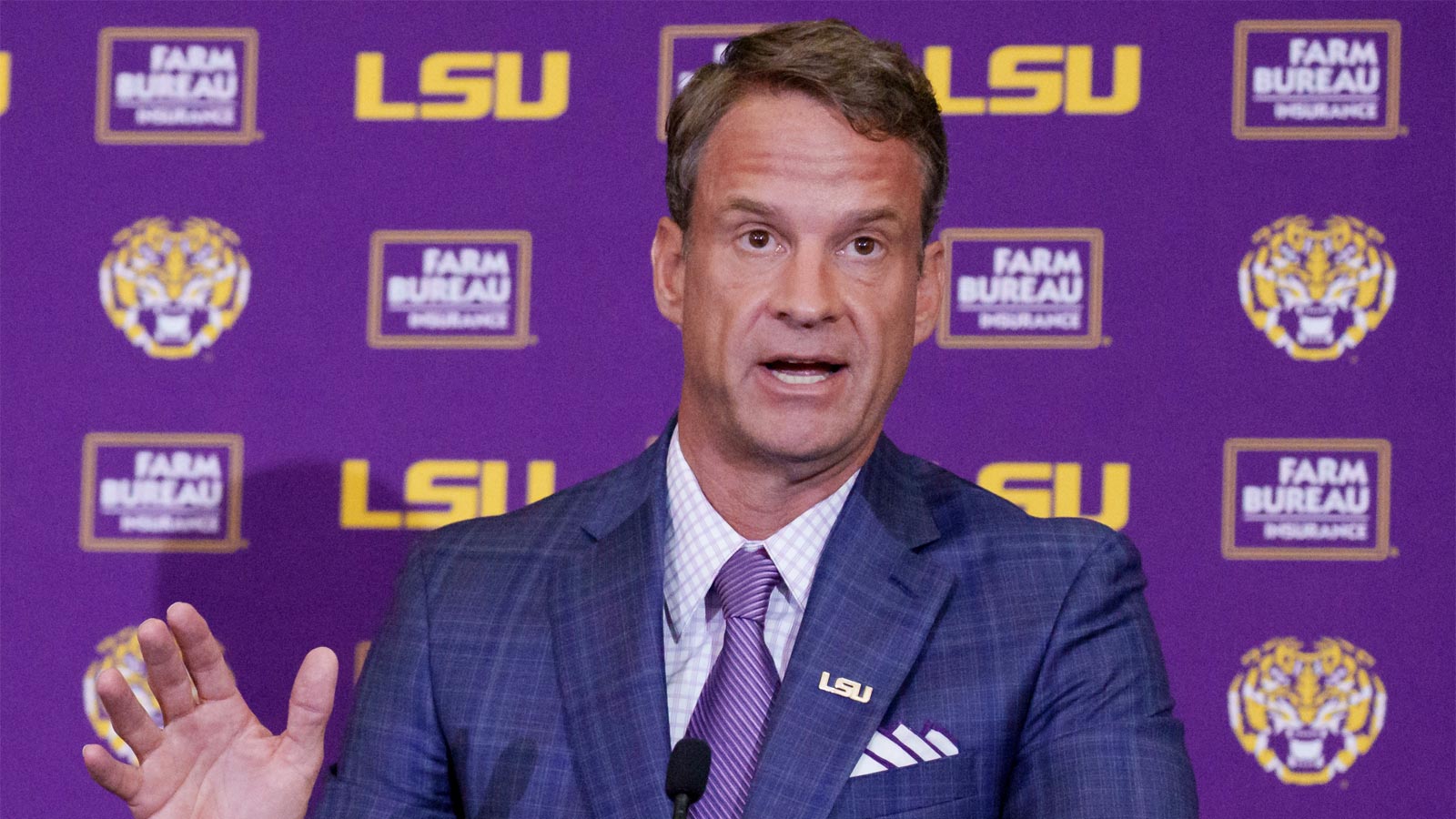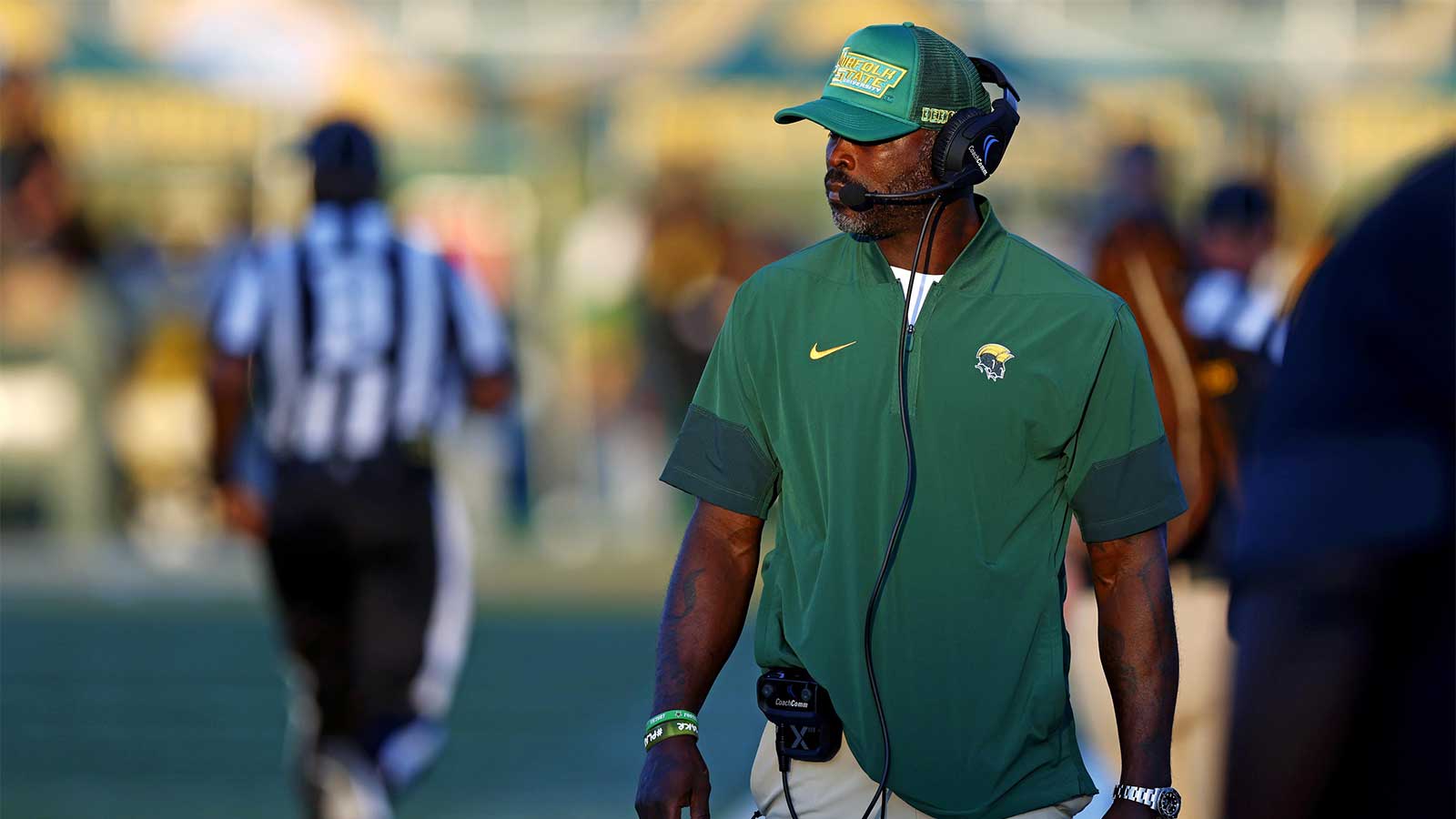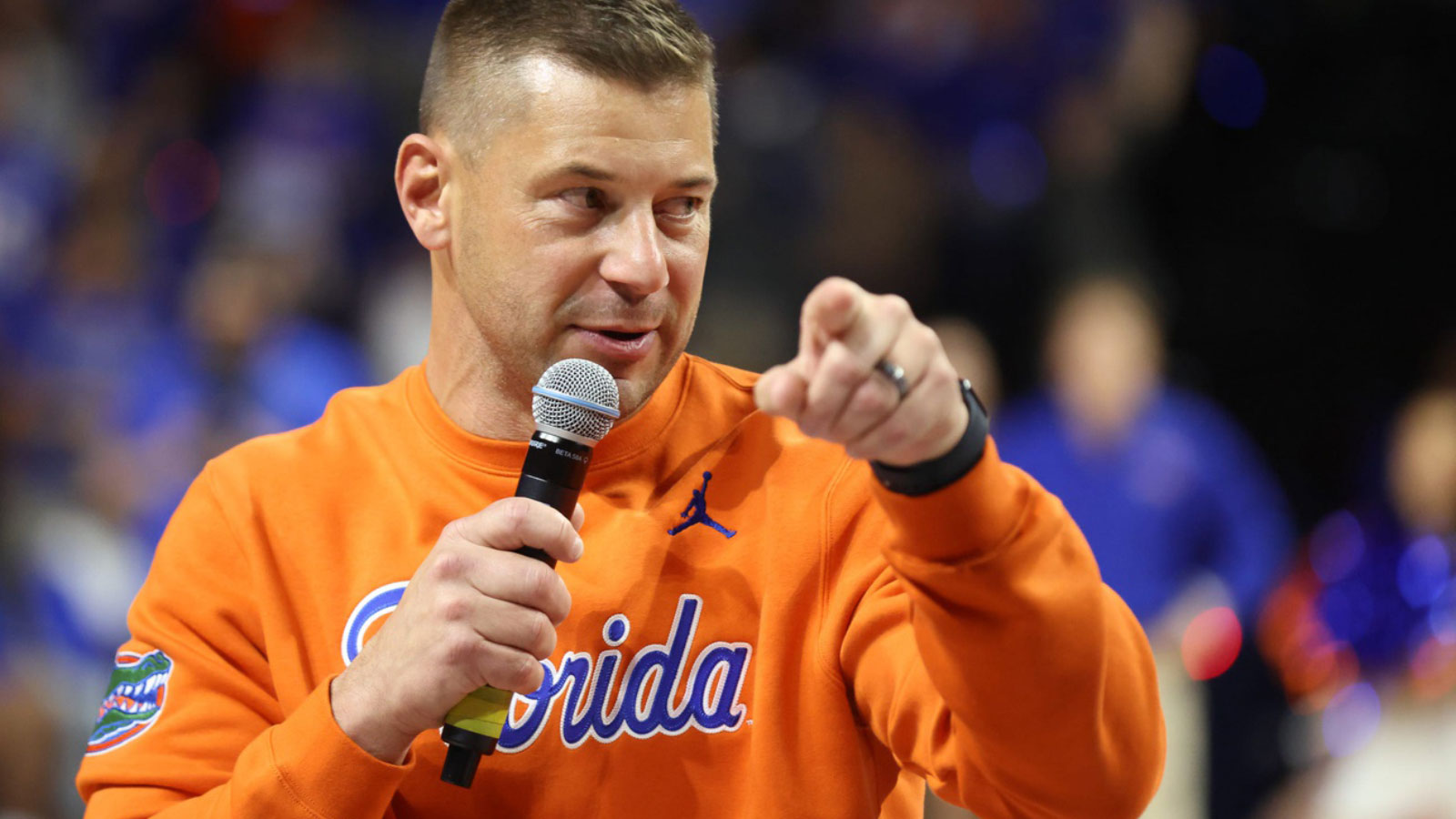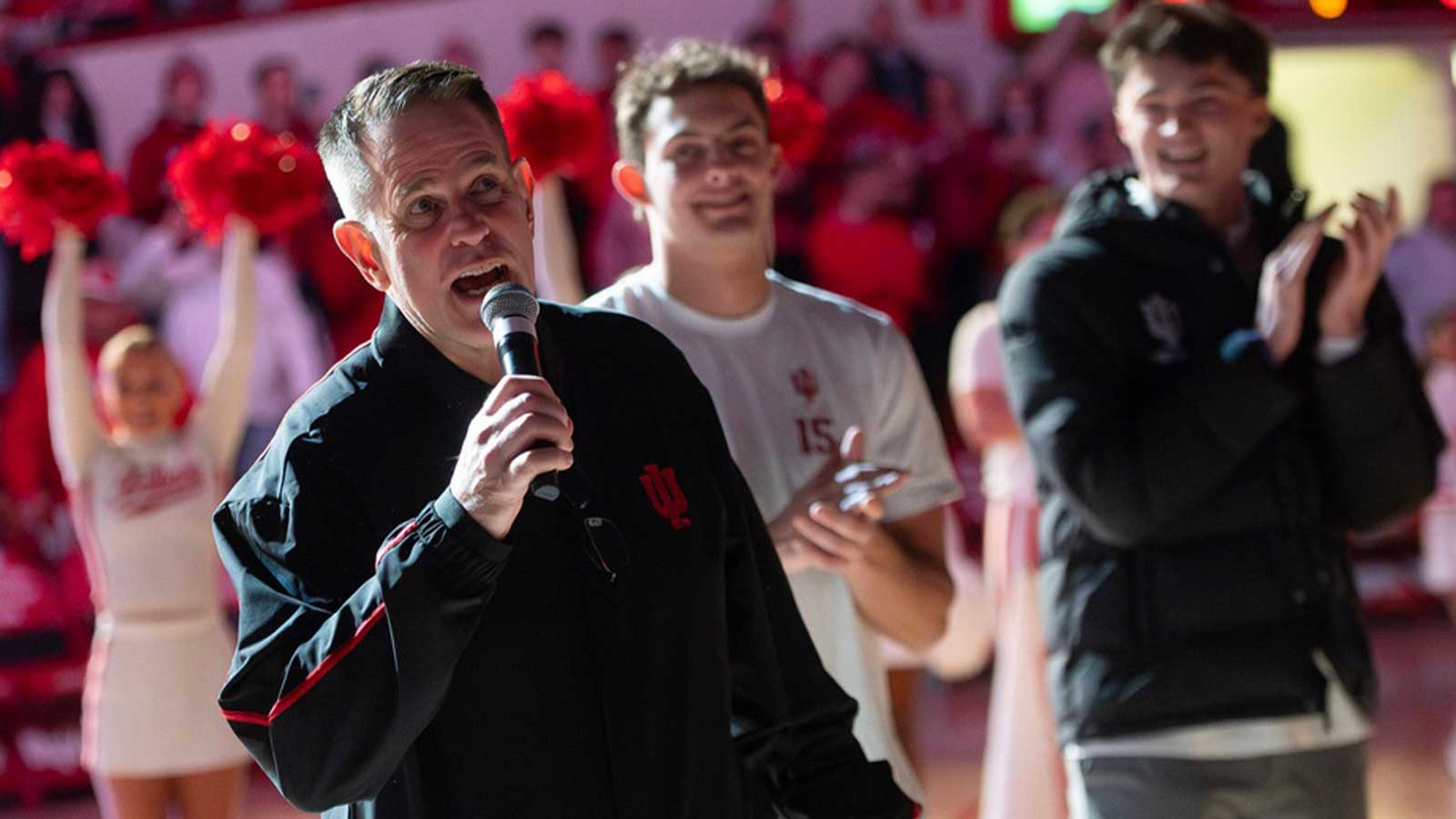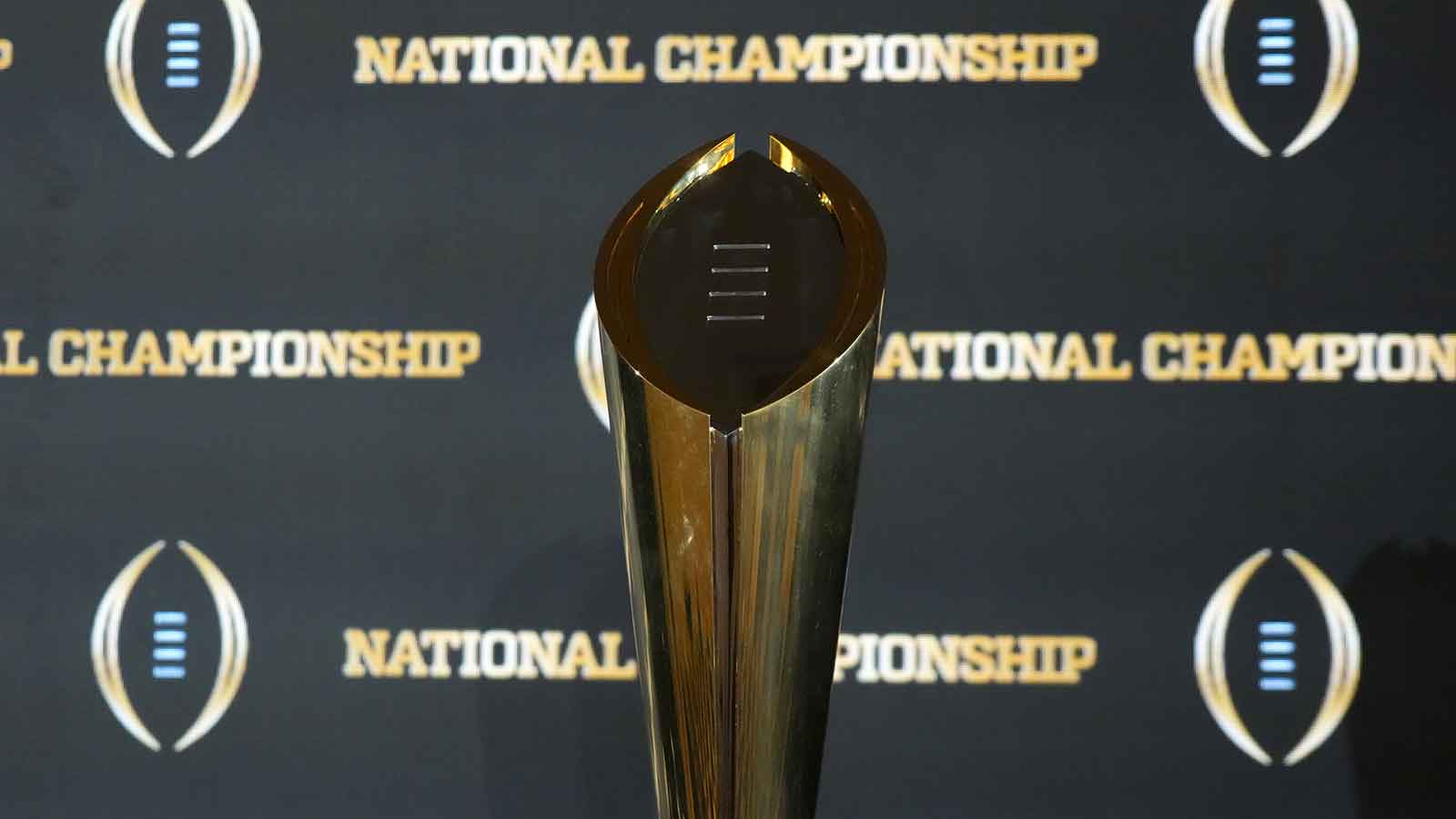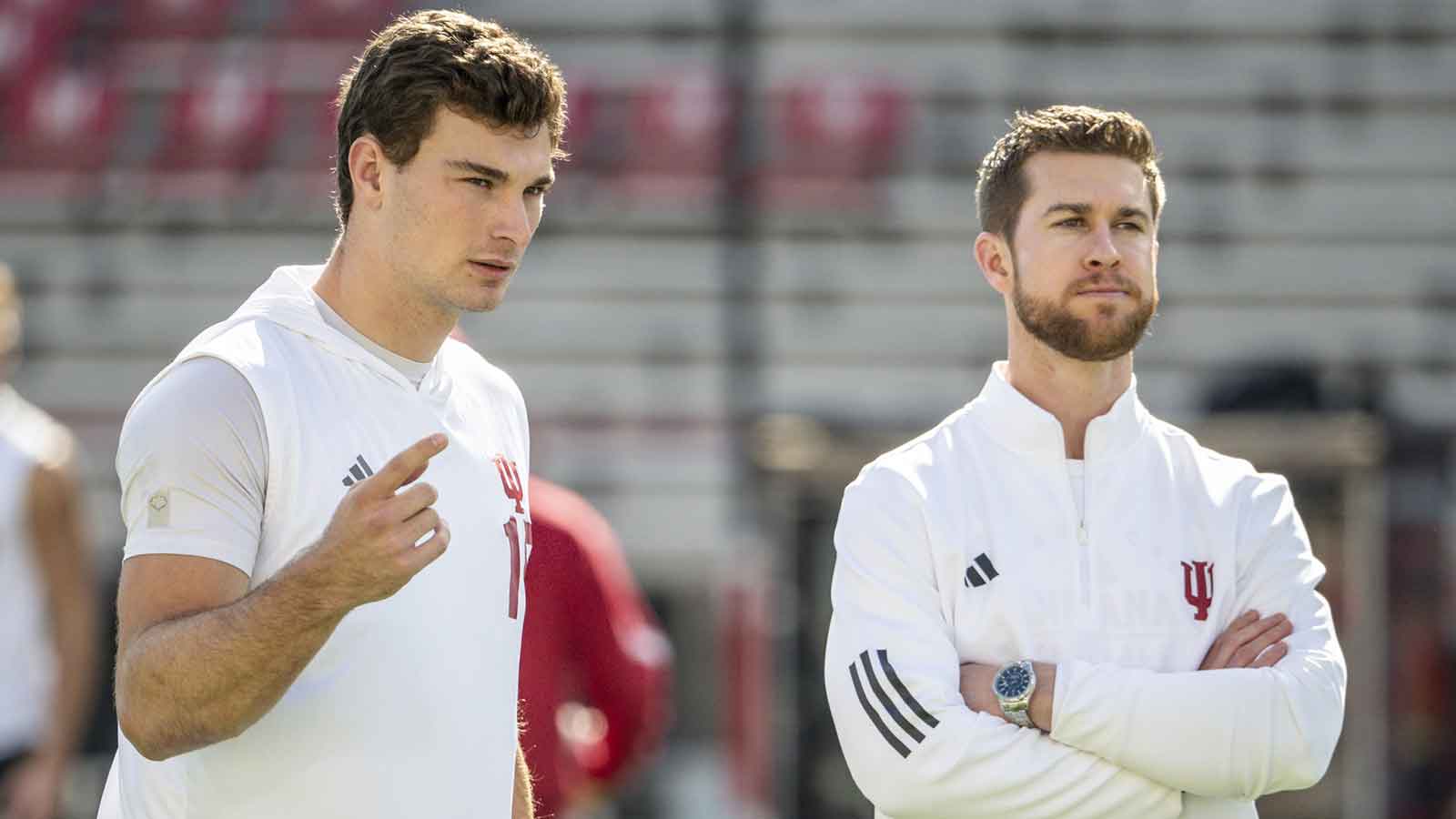The Colorado Buffaloes shook the world of college athletics on Thursday when they officially announced their move from the Pac-12 back to the Big 12 in 2024. While the entire college athletics sphere is heavily affected by this move, the Pac-12 is undoubtedly the biggest loser of this move.
The Pac-12 was already facing tough times with USC and UCLA bolting for the Big Ten in 2024. As a result, the conference has struggled immensely to find a new media deal beyond this season, constantly stating a deal was coming yet never actually delivering one. That lack of action finally bit the conference with Colorado's departure, and now only nine schools remain in the conference.
Now, the Pac-12 is in an even more dire state than it already was. The longer the conference goes without a media deal in place, the more likely other schools are to follow Colorado's lead. It's also a catch-22 situation because the more schools that leave, the less likely a suitable deal arrives. There may be some path to survival, but right now, it's looking pretty bleak.
In the wake of Colorado's Pac-12 exit, let's take a look at five other schools that could follow suit, divided into two camps.
Arizona, Arizona State and Utah
The first camp we have consists of the other schools in the four-corner states. All three of these schools have appeared in rumors regarding a move to the Big 12 alongside Colorado, albeit not as commonly as the Buffaloes. Arizona has seemingly appeared in more rumors than the other two, but all three have popped up at times.
However, there are a few reasons why a move to the Big 12 doesn't seem as likely as with Colorado. For one, they simply aren't as close to the geographical base of the conference (although USC and UCLA's move to the Big Ten shows that doesn't matter much anymore). For two, they don't have the same history, with both the Big 12 and Pac-12, as Colorado does.
Colorado was a founding member of the Big 12, with their membership dating back to 1996 and even longer if one includes previous iterations of the conference. The Buffaloes only left to join the Pac-12 in 2011 and have largely been terrible (at least in football) since then, so it makes sense that they'd want to return “home.” On the other hand, Utah and the two Arizona schools have no previous relationship with the Big 12.
What they do have, though, is a stronger relationship with the Pac-12. Arizona and Arizona State have been in the conference since 1978, so their history is evident enough. Conversely, Utah joined the conference at the same time as Colorado, but unlike the Buffaloes, this move marked the Utes' ascension to Power Five status. The Utes are undoubtedly grateful to the Pac-12 for this reason, and it shows in the loyalty they've shown recently.
However, this recent round of realignment has shown that history is secondary to money in college athletics. If that wasn't the case, then USC and UCLA wouldn't have abandoned over 100 years of Pac-12 history to join the Big Ten. If the Pac-12 is as much of a sinking ship as it seems, then the move to the Big 12 is an obvious one.
Oregon and Washington
These two schools are likely the two largest brands left in the Pac-12 (from an athletic standpoint anyway, Cal and Stanford easily have them beat in academics). With such large followings, they want to maximize their earnings and that likely isn't happening in the Pac-12. Both schools have been connected to the Big 12 as well, but they may have more ambitious goals in mind.
In addition to the Big 12, Oregon and Washington have been some of the most popular suggestions in Big Ten expansion rumors. With the Big Ten being one of the two most powerful conferences in the country alongside the SEC, this seems like both schools' endgame. In fact, there may have been a tease of such a move coming from, of all things, Ohio State's mascot Brutus. If the Ducks are on the move, they will surely take their arch-rival along with them.
There are still a few potential hurdles in the way of this move, though. Both schools' in-state foes don't have as big of brands as them, so they aren't as attractive targets for the Big Ten. However, there is pressure from state legislatures to keep schools in the same state in the same conference, and Washington has already run into this problem. There's also the fact that the Big Ten is adamant about not pursuing expansion at this time.
From a financial standpoint, though, getting into the Big Ten is a dream for both of these schools. If it's at all possible, they should be working the phones aggressively until they get a deal done.









